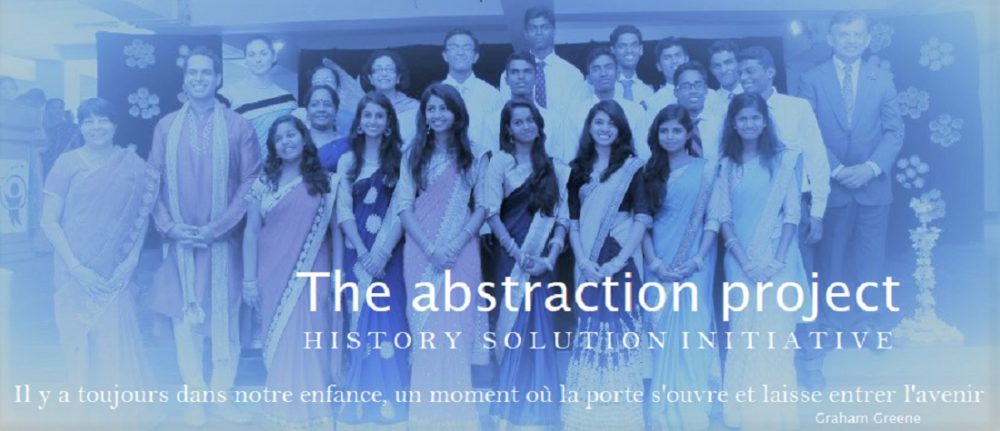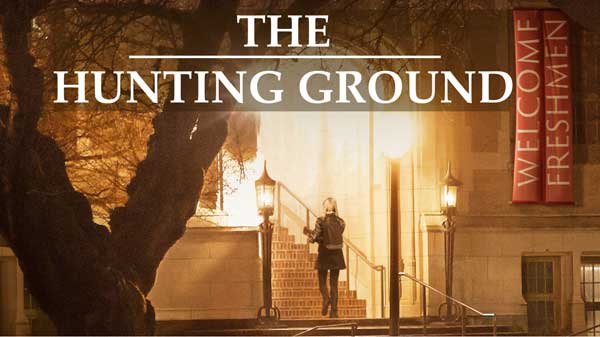The Hunting Ground is a documentary film about the incidence of sexual assault on college campuses in the United States and what its creators say is a failure of college administrations to deal with it adequately. Written and directed by Kirby Dick and produced by Amy Ziering, it premiered at the 2015 Sundance Film Festival.
The documentary focuses on Annie E. Clark and Andrea Pino, two former University of North Carolina at Chapel Hill students who filed a Title IX* complaint against UNC in response to their rapes while enrolled.
The Hunting Ground presents multiple students who were sexually assaulted at their college campuses, and say that college administrators either ignored them or required them to navigate a complex academic bureaucracy to have their claims addressed. The film implies that many college officials were more concerned with minimizing rape statistics for their universities than with the welfare of the students, and contains interviews with college administrators who state they were pressured into suppressing rape cases.
The film chiefly criticized actions (or lack thereof) by university administrations, including Harvard, the University of North Carolina at Chapel Hill, Amherst College, and Notre Dame, but it also examines fraternities such as Sigma Alpha Epsilon.
The narrative features Andrea Pino and Annie Clark, students at the University of North Carolina, who became campus anti-rape activists after being assaulted. In response to what they saw as an inadequate response from the university, they filed a Title IX complaint against The University of North Carolina on January 16, 2013 (along with three other students), and co-founded the group End Rape on Campus.
As well as talking to women who state they were victims of both rapists and unsympathetic university officials, the filmmakers interviewed students, parents, and administrators.
The Hunting Ground also includes a conversation with a former Notre Dame police officer who criticized how rape cases were handled at that institution.[2] The officer spoke of a case where he was not allowed to question a student accused of rape, a Notre Dame football player, at any time that student was on athletic department property.
The Hunting Ground also includes testimony from male victims of sexual assault. Producer Amy Ziering stated the filmmakers « felt it was important to show men and women. For men it’s often harder to speak up because there is a social stigma associated with rape. Many male victims were feeling ashamed. »
A section of the film is focused on Jameis Winston, the former star quarterback for the Florida State Seminoles football team (now with the Tampa Bay Buccaneers), and the accusation of sexual assault against him while at Florida State. His accuser, Erica Kinsman, publicly discusses the incident for the first time.
The filmmakers also contend that most rapes are committed by a small number of repeat offenders. Director Kirby Dick stated that less than eight percent of the population is responsible for more than ninety percent of all sexual assaults.
Producer Amy Ziering said that « our failure as a society to apprehend perpetrators leaves criminals at large who are savvy and experienced, and able to continue to commit these crimes with impunity. »
extract
read more on wikipédia
https://en.wikipedia.org/wiki/The_Hunting_Ground
The use of Title IX in campus sexual assault cases became a model for universities across the country.
The use of Title IX* in campus sexual assault cases became a model for universities across the country.
* Title IX, as a federal law enforced in the United States of America is considered a portion of the United States Education Amendments of 1972. This is Public Law No. 92‑318, 86 Stat. 235 (June 23, 1972), codified at 20 U.S.C. §§ 1681–1688. It was co-authored and introduced by Senator Birch Bayh in the U.S. Senate while being renamed the Patsy Mink Equal Opportunity in Education Act in 2002 after Patsy Mink, its late U.S. House co-author and sponsor. The following below is the original text as made signed into law by U.S. President Richard Nixon in 1972:
No person in the United States shall, on the basis of sex, be excluded from participation in, be denied the benefits of, or be subjected to discrimination under any education program or activity receiving Federal financial assistance.
— Cornell Law School’s Legal Information Institute (20 U.S. Code § 1681 – Sex)
read more on wikipédia
https://en.wikipedia.org/wiki/Title_IX

